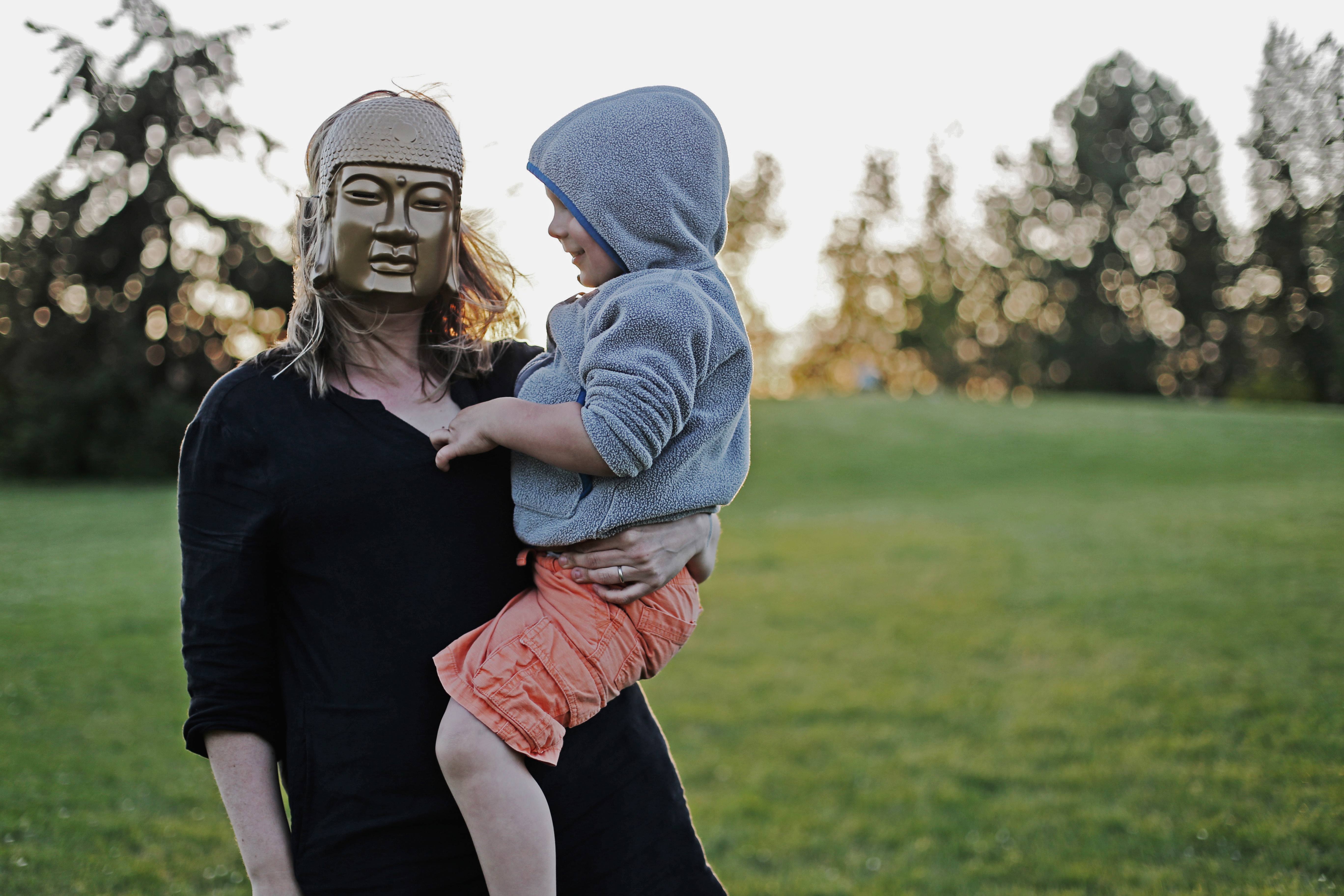By: Dr. Terrin Kuntz, ND
What is anxiety?
Anxiety is a fear based emotional response to the anticipation of real or perceived danger. A stimulus, emotional or physical will trigger your fear response. The type of trigger will differ from person to person, but typically includes a type of object or situation that induces fear in you personally. Fear triggers and the length of time an episode of anxiety persists, will determine the type of anxiety you may be experiencing1.
What is postpartum anxiety?
Becoming a parent is a beautiful, yet major life event that includes the changes of roles and responsibilities in the home. Due to this abrupt change in lifestyle, parents in the postpartum period are at higher risk for developing anxiety. The estimated prevalence of postpartum anxiety ranges from 3-43%2. Anxiety can impact your life in a variety of ways such as decreased coping abilities, risk for other mental health disorders, feeling overwhelmed, agitation, isolation, inability or difficulty doing daily activities like going to the grocery store, participating in household duties, and much more! Everyone is different, how anxiety impacts your life may vary in comparison to others, so be open minded and compassionate with yourself and the people around you!
Symptoms you may be experiencing:
- Excessive worry occurring more days than not
- Difficulty controlling worrying thoughts
- Restlessness
- Feeling easily fatigued
- Difficulty concentrating or mind going blank
- Irritability
- Muscle tension
- Sleep disturbance (difficulty falling or staying asleep, restless, and/or unsatisfying sleep)1.
How does postpartum anxiety impact my partner?
Currently there is very little research in this area, but that doesn’t mean you’re not feeling the affects of your partner’s postpartum anxiety. In a few research studies, men reported feelings of worry, fear, confusion, anger, frustration, not knowing how to cope with the situation, as well as feeling the responsibility to keep their family together3. This can be very challenging for your partner to show their vulnerable side and ask for help when they feel stuck.
How does postpartum anxiety affect my baby?
Postpartum anxiety can leave your baby at an increased risk for the following:
- Suboptimal infant feeding in mothers who breastfeed. Your baby could still be hungry as they may not be receiving enough breast milk due to difficulty initiating breastfeeding, as well as shorter feeding durations when they are breastfeeding2.
- Insecure attachment behaviours. An insecure attachment bond which fails to meet your infant’s need for safety and understanding leading to confusion about their own identity, difficulties with learning, and relating to others later in life. Some behavioural symptoms include but are not limited to: difficulty maintaining emotional balance and, developing intimate relationships, feeling unconfident about themselves, not enjoying others company, problems rebounding from disappointment or loss, not sharing feelings or seeking support4.
- Delayed cognitive development. A decrease in intellectual functioning, interfering with awareness that may lead to learning difficulties in school, communicating and playing with others5.
- Negative temperament. Children may be more prone to respond to the world in a more pessimistic way, potentially needing more help learning how to monitor and express their emotions in socially appropriate ways6.
- Low social engagement. Your infant may have decreased levels of smiling, social initiation, orientating to their name, and low eye contact. If social impairments start in infancy this can lead to social-emotional disturbances later in life such as development of autism spectrum disorder, or other developmental, behavioural, or social difficulties7.
What can I do about my anxiety?
There are many natural therapies that can assist in decreasing symptoms of anxiety which include: acupuncture, aromatherapy, bodywork, exercise, herbal medicine, homeopathy, hydrotherapy, lifestyle changes, mindfulness, nutrition, and supplements.
References:
- American Psychiatric Publishing. (2013). Diagnostic and statistical manual of mental disorders: Dsm-5 (5th ed.). Washington (D.C.).
- Fallon, V., Groves, R., Halford, J. C. G., Bennett, K. M., & Harrold, J. A. (2016). Postpartum Anxiety and Infant-Feeding Outcomes. Journal of Human Lactation, 32(4), 740-758. dio: 10.1177/0890334416662241
- Engqvist, I., & Nilsson, K. (2011). Men’s experience of their partners’ postpartum psychiatric disorders: narratives from the internet. Ment Health Fam Med., 8(3), 137–146. Retrieved from https://www.ncbi.nlm.nih.gov/pmc/articles/PMC3314270/
- Building a Secure Attachment Bond with Your Baby. (2019, November 14). Retrieved from https://www.helpguide.org/articles/parenting-family/building-a-secure-attachment-bond-with-your-baby.htm.
- Types of Developmental Delays in Children. (n.d.). Retrieved from https://nyulangone.org/conditions/developmental-delays-in-children/types.
- Understanding Temperament: Quality of Mood. (2006). Retrieved from https://centerforparentingeducation.org/library-of-articles/child-development/understanding-temperament-quality-of-mood/.
- Koegel, L. K., Singh, A. K., Koegel, R. L., Hollingsworth, J. R., & Bradshaw, J. (2013). Assessing and Improving Early Social Engagement in Infants. Journal of Positive Behavior Interventions, 16(2), 69–80. doi: 10.1177/1098300713482977

